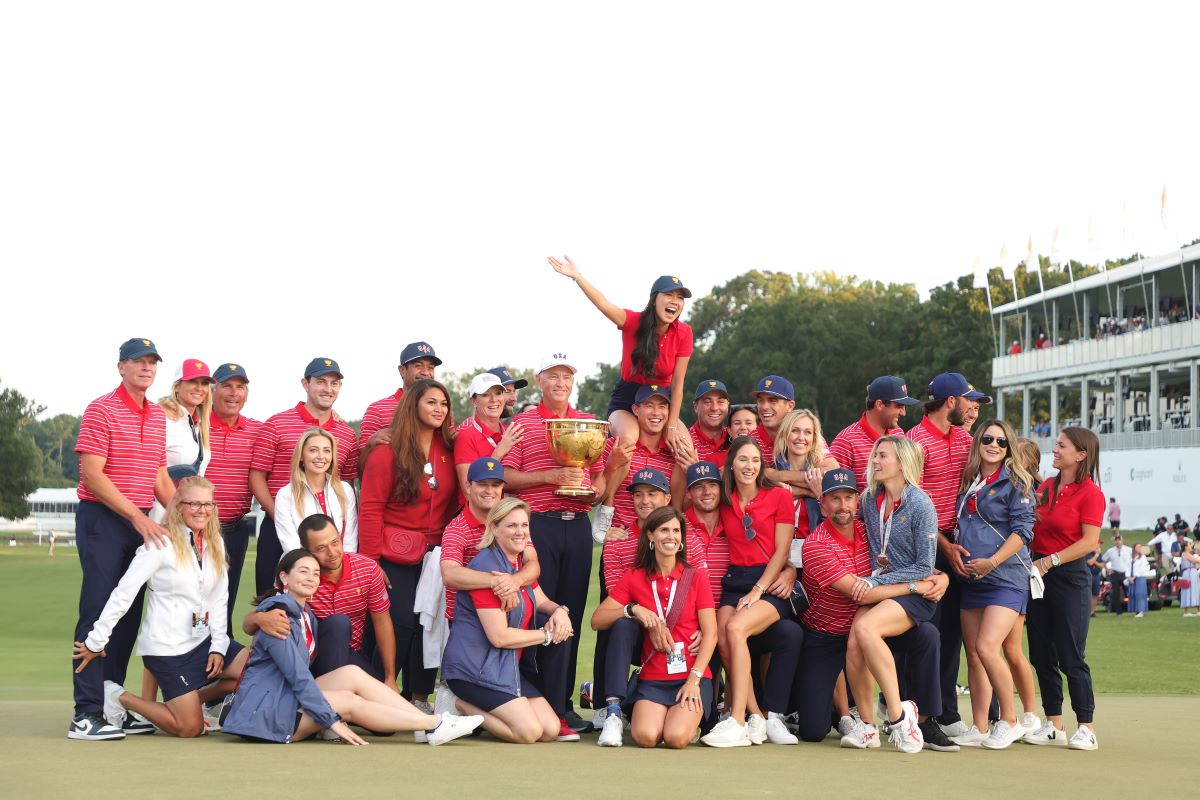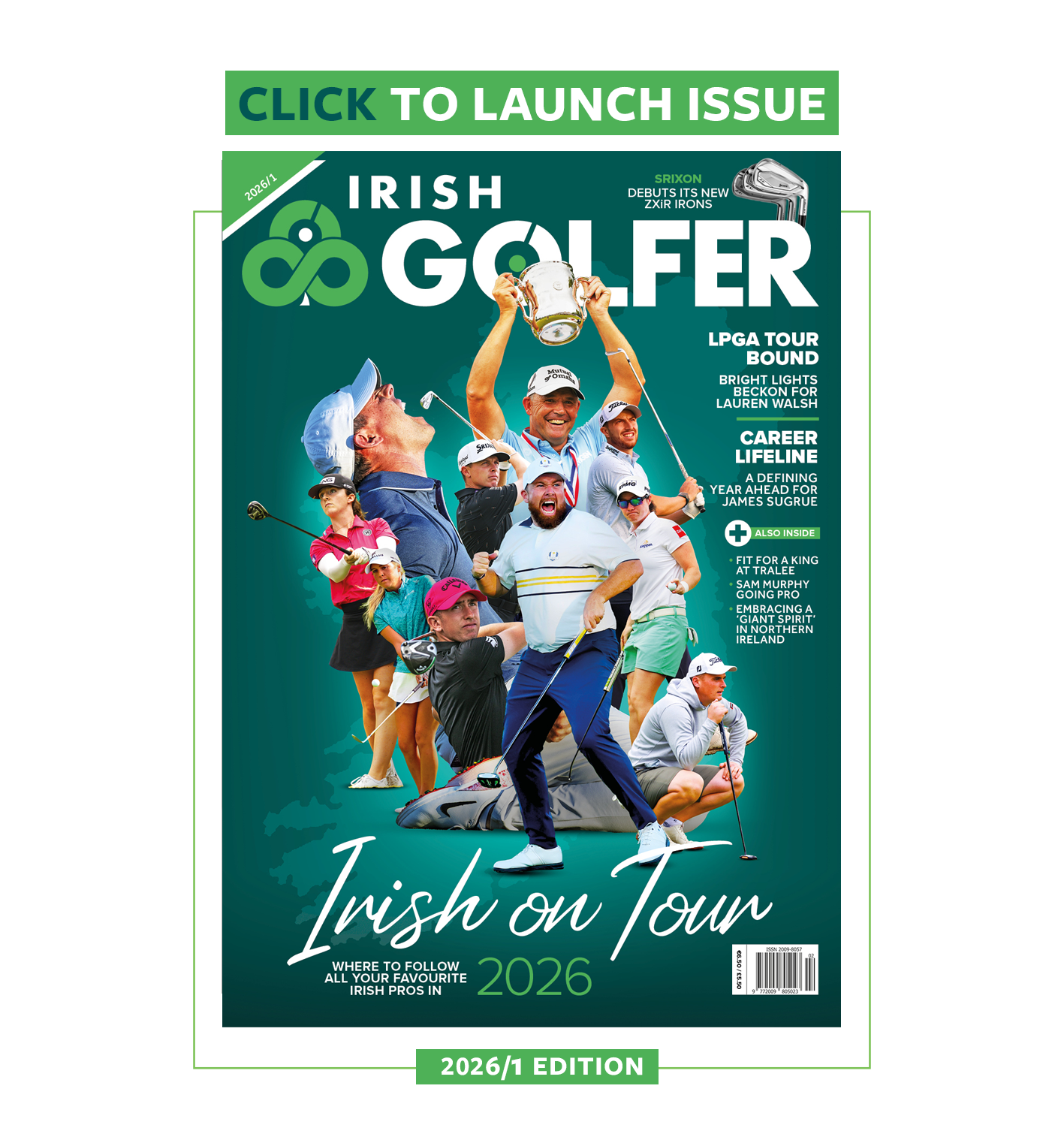Arsenal v Spurs, Dublin v Meath and the Green Bay Packers v the Chicago Bears, all legendary sports rivalries, all hideously lopsided in terms of results.
Arsenal have won four of the last five matches versus their North London rivals, but Spurs have three of the last 10, so though the Gunners trophy cabinet is much more heavily stocked than Tottenham’s, the Lilywhites’ strike rate is good enough to keep the rivalry alive.
Those of us old enough can remember a time when Dublin – Meath games were titanic tussles, and the Royals even had the better of it in the 90s, but they’ve only won two championship ties since the turn of the millennium, and none since 2010. It’s a rivalry, but only just.
Prior to the ’90s, the Bears had the best of the North mid-Western NFL rivalry, but the Packers took control when a young quarterback called Brett Favre arrived at Lambeau Field in 1992 and haven’t looked back since. They are currently on an eight-game winning streak in the 2020s after winning 17 of 21 in the previous decade.
But as one-sided as these rivalries have been, only the Harlem Globetrotters and the Washington Generals have been more lopsided than the Presidents Cup. Since its inaugural staging in 1994, the United States have won 12 matches, one was tied and only once have the Internationals upset the apple cart and taken the spoils.
Should the bookmakers be proven correct, Jim Furyk’s team will make it 10 wins in a row when the dust settles at Royal Montreal this weekend.
For context, the longest winning streak in Ryder Cup history is seven over a 20-year period either side of World War II, and when the U.S. won six out of seven from ’59 to ’71, Great Britain became Great Britain and Ireland. Three more wins and GB&I became Team Europe. They equalled the seven-win streak (one versus GB, three versus GB&I and three versus Europe) in 1983, but since then, it’s been Europe that have been the dominant force, winning 12 to the American’s six.
I guess this is a fairly roundabout way of saying that the Presidents Cup desperately needs an International victory. It needs it like an engine needs oil or a diabetic needs insulin.
Team matchplay is the greatest spectacle in golf, but only when the ultimate result is in some form of doubt. And it wouldn’t be fair to suggest that none of the previous nine Presidents Cups have been without drama, most notably in Korea in 2015 where a single point was the winning margin and at Royal Melbourne in 2019 when the United States overturned a two-point deficit on the final morning to win by two in the end.
But ultimately, the record books don’t lie. And with the International team deprived of Cameron Smith and Joaquin Niemann, who would arguably be their two best players had Mike Weir got a full deck to choose from, it’s easy to see why the bookies make the United States strong favourites once again.
And with such a one-sided history, there’s not the same level of rivalry, therefore typically not the same level of pressure on the American players.
There is still pressure though. After nine wins on the trot, nobody wants to be among the dozen who break the streak. And they don’t just have the every other nation rooting against them, there are no shortage of Americans who share the view that an International victory is needed.
But when you’ve got the world numbers one, two, four, six and nine in your lineup, and your opponents have only one in the top 10 and two in the top 20, everything points to 10-in-a-row.
If seven-in-a-row was deemed worthy of changing up the Ryder Cup format, how long can the Presidents Cup remain as is if the streak hits double figures?
Adding Ireland, then Continental Europe to the Ryder Cup were easy changes to make. How to strengthen the International side in the Presidents Cup is a tougher problem to solve, but that’s another question for another day.
For now, the event is on its knees and a routine U.S. victory could be the death blow.
So, come on the Internationals. We’re all behind you!























Leave a comment